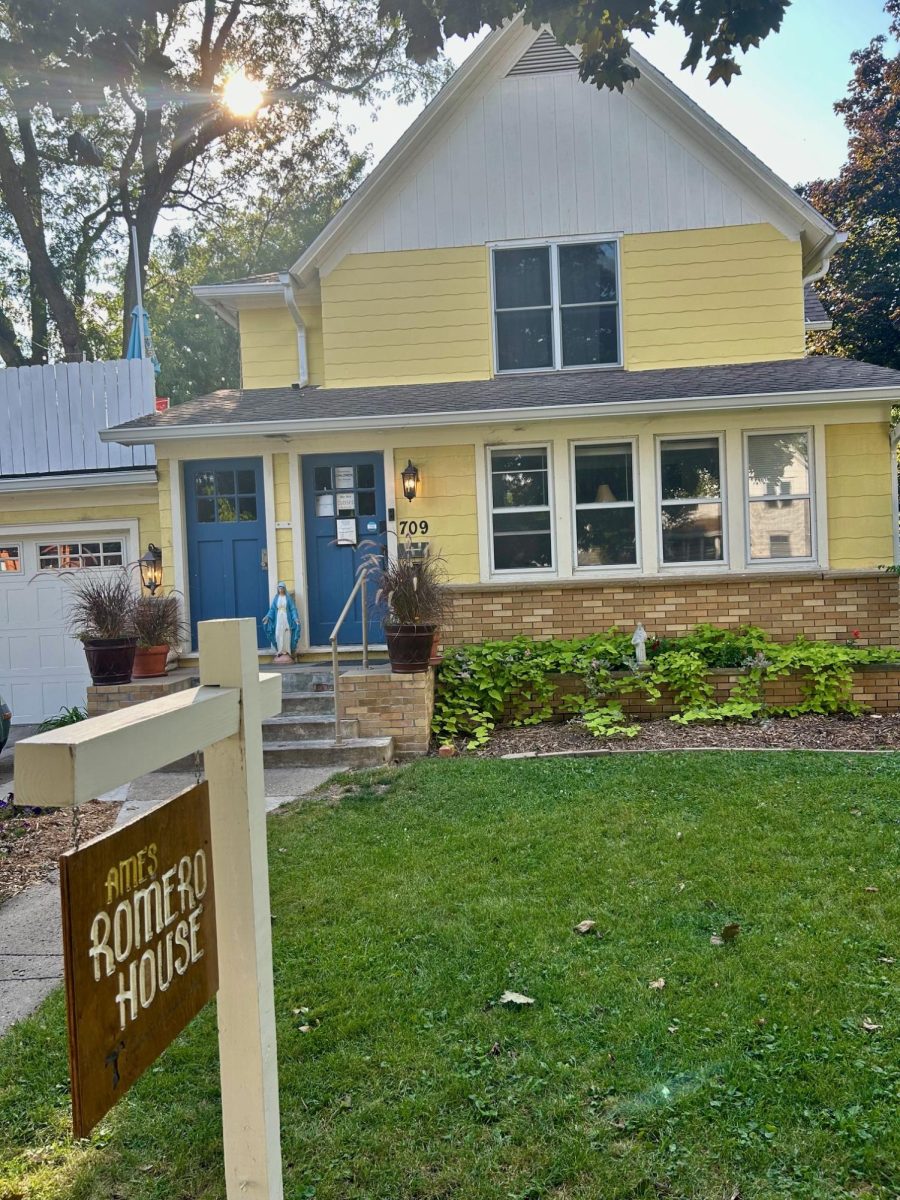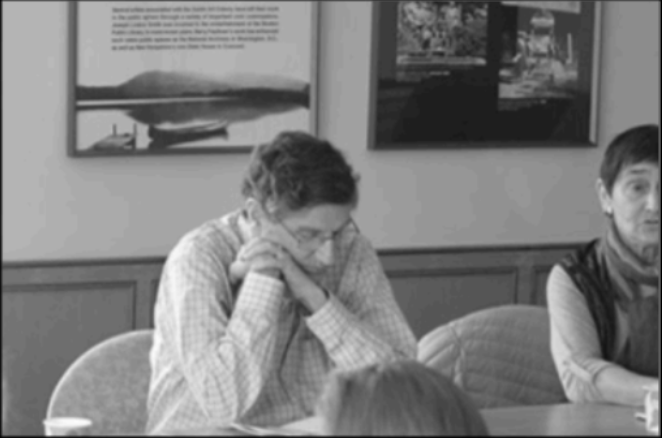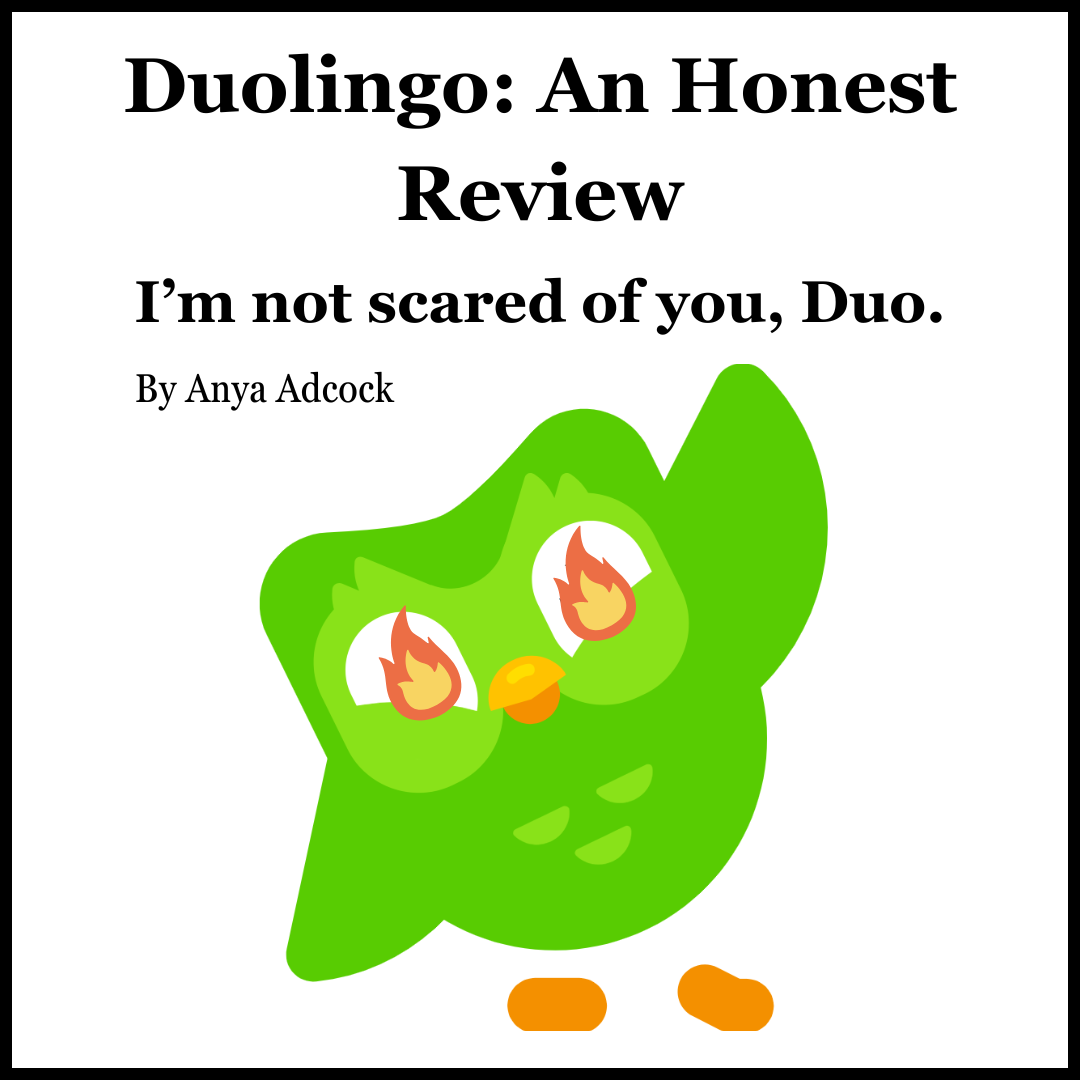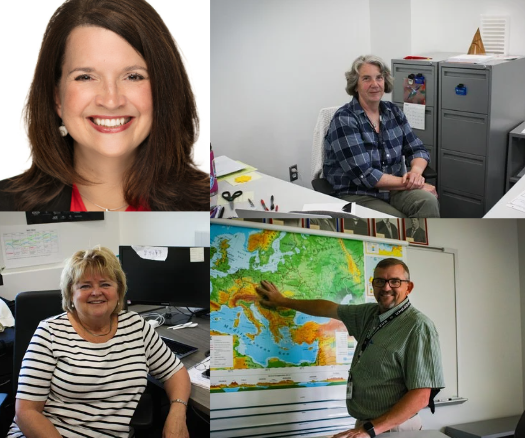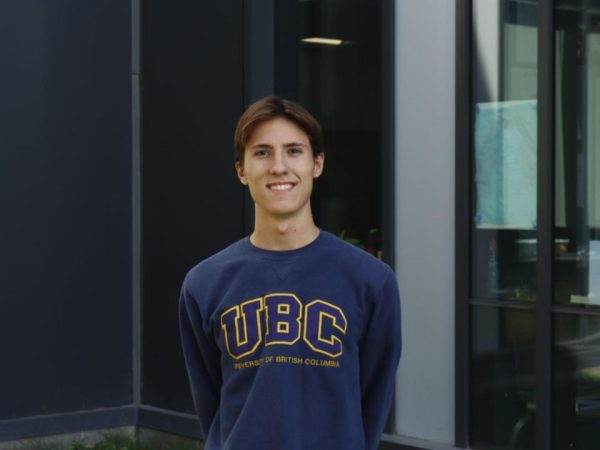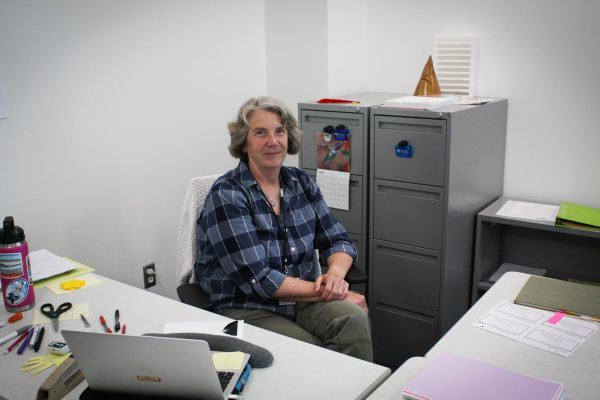
Teresa Testroet
Each August, a new cohort of students wander deep into the math wing, a look of dread on their faces. However, Ames High math icon Teresa Testroet quickly dissuades their worry, as they realize that the feared “Pre-Calc” can be defeated.
“[Pre-Calc] is usually one of the classes where students who find math easy kind of hit a roadblock, and I help them through that,” she says.
Yet after years of helping Ames High students take the next step in math, this one will be Ms. Testroet’s last. Her retirement comes after a storied career spanning across four decades.
Teaching wasn’t always Ms. Testroet’s plan – after graduating from Iowa State University with a degree in statistics, she was offered a job with the federal government in Washington DC. However, she felt that a desk job wouldn’t be the right fit for her.
“I realized I wanted to be around people. So then I went back to school, I got my teaching certificate, and I obviously like math.”
Testroet has taught several courses across the math department at Ames High since 1995, after beginning her career in Arizona two years earlier. And from seeing principals come and go, to helping students evacuate after trash can fires, to teaching future NBA star Harrison Barnes, her time at Ames High has certainly been eventful. But her favorite memory? Perhaps an incident involving a school dance that got out of hand.
“After the dance, the principal got on the intercom and told students there would be no more grinding at school dances. I don’t think
I’ve laughed harder. I was there with my homeroom and I was dying inside.”
Testroet plans to make more memories during her retirement, and relishes the opportunities that will emerge along with her newfound freedom.
“Obviously, I am going to go see as many hummingbirds as I can. Costa Rica’s on the list. I’ll do photography, I’ll travel, and I’ll just chill. I’ll do whatever the heck I want to whenever I want to.”
She also offered some parting words of advice for future generations of Ames High students.
“Think for yourself. It’s easy to look things up on your phone. But I feel that critical thinking skills are going away because it’s so easy to access information. And that’s not learning, looking things up isn’t learning. Be a lifelong learner. Just because you’re going to graduate from high school soon, there’s still a lot we have not taught you, there’s a lot of experiences out there, so just keep learning.”
Kirstin Sullivan
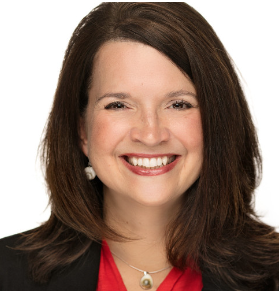
Kirstin Sullivan is an Ames High legend, and rightfully so. With a masters degree in political science, Sullivan’s government and AP European History classes are havens of knowledge. Sullivan often ties the concepts taught in her classes to ideas that can be seen in the modern world.
“So many things that are happening in the present have happened in history. I say it in AP European history all the time. ‘You know, this is not a 19th century thing, this is a human thing’,” said Sullivan.
For Sullivan, a humanities education is just as important as an education in STEM. Sullivan believes that while a STEM education allows for important discoveries, it is the humanities that allow for connection to take place.
“We want to study science because you know, we’re going to cure cancer and we’re going to go to the moon, and those are really, really important things, but they’re not day to day things. Day to day things are you know, how to care for your neighbor, and living in a society where you have pluralism,” said Sullivan. “To live in a society that welcomes more than one idea it’s important to have studied more than one idea.”
Sullivan believes that a history education is important because it teaches students to understand that the past can be repeated.
“It’s easy for people to say, ‘Oh, I can’t happen here.’ I just think that’s absurd,” said Sullivan. She points to when the Reichstag suspended the German constitution, allowing Hitler to take full and complete control.
“It is on us to do the work of electing good people,” continued Sullivan. “Everybody needs a government class. Everybody needs to take history and understand how you know that these things can happen.”
Sullivan hopes that after she has left Ames High will return to a climate of excellence.
“Students want to grow and realize their full potential. Expecting less of them robs them of that chance…Struggle leads to growth, problem solving, and perseverance. We owe students the opportunity to learn in this environment,” said Sullivan.
Joel Sullivan
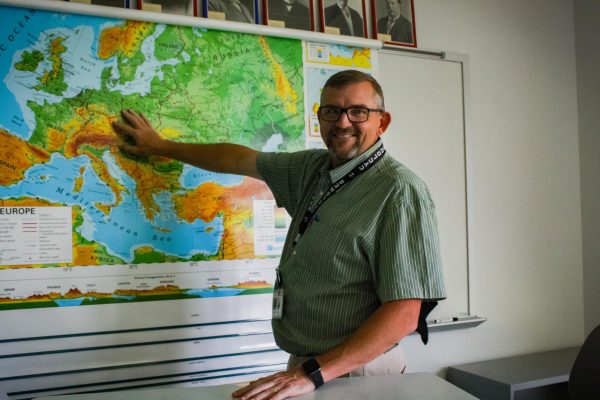
When Joel Sullivan discovered that he enjoyed studying history in college his father told him, “Well, there’s pretty much only one profession for you then.”
“And that was education,” said Sullivan.
After finishing college and spending a semester in Paris, Sullivan began teaching Social Studies and eventually took a job at Ames High School, where he has worked for the past twenty-six years. For Sullivan, the hardest part of retiring will be adjusting to living without the bell.
“I’ve lived by the bell for 50 years and now I’m not going to anymore. Part of me is super excited and part of me is like, ‘What do I do? Who tells me when to eat lunch? How will I know when to eat?’ ” said Sullivan.
Sullivan teaches Honors World Studies, often considered a “rite of passage” for academically inclined students.
“I think there’s a lot of kids that really enjoy honors world studies because they enjoy being around other people who really want to do well at school and they have a path to success,” said Sullivan. “For some kids, it really strikes a chord because it pushes a button for them at a time when they’re coming out of middle school.”
On the first day of Honors World Studies, Sullivan tells his students to “embrace the suck.”
“It’s going to be hard. It’s going to be challenging. But it’s going to be rewarded,” said Sullivan.
Yet, Sullivan’s favorite memory comes from a U.S history class he taught before teaching at Ames High. Sullivan played the musical 1776 during a unit on the Declaration of Independence, during which a student asked, “Did they do this all the time back then?”
“And I could not stop laughing. Because in his mind, this was a documentary of how people acted. He did not understand the artistic nature of it,” said Sullivan.
However, as much as he enjoys teaching, Sullivan believes that the time has come to retire.
“I’ve been alive for 18,000 days. I have been in school for over 9000 of those eight days. It’s time to be done with school,” said Sullivan.
Sonja Hayes
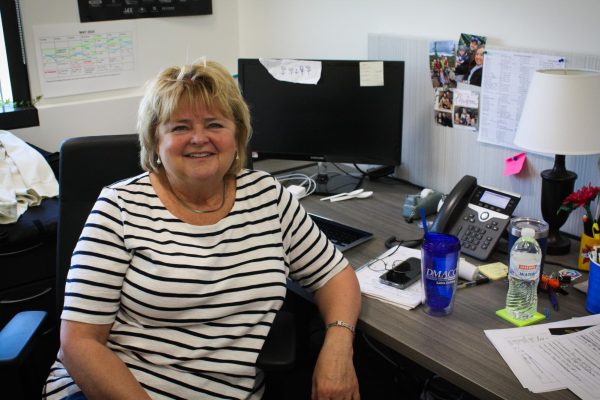
Sonja Hayes began her career as a social worker. After receiving her bachelor’s degree in social work, Hayes worked in the foster care system, with children in residential care facilities, and with families. Hayes found that working in a school environment fit her needs best. Hayes found herself reflected in her students.
“I wasn’t the best student, I kind of was more social. So that was more important to me than getting a good grade…I work with kids and families where I try to help them and remove barriers for them to be successful at school. I try to be an advocate for kids,” said Hayes.
Hayes works with students who have excessive absences or poor grades, and believes that all students are worthy.
“Just because they present or might present in class like they’re not interested or that they don’t even attend, doesn’t mean that they aren’t capable. It’s just that they have stuff going on. That they have things going on in their lives that are either preoccupying them or they are just caught up in that,” said Hayes. “It’s in their head and in their hearts who they are.”
For Hayes, every student matters. “I want the kids to be taking care of themselves well. You’re worthy to have an education, to have a good life, to drive a car, or to go to college,” said Hayes.
Hayes’ students have taught her that there is always hope, regardless of the circumstances.
“There’s always hope to get it done, to meet the deadline, and to be successful,” said Hayes.





